Elections
Politics
ABDALLAH SAMBI, AFRICA, AUSTRALIAN ASSOCIATED PRESS, AZALI ASSOUMANI, COMOROS, ELECTION FRAUD, GOVERNANCE, GOVERNMENT, HAMIDOU KARIHILA, HOPE OF THE COMOROS, INDIAN OCEAN, INDIAN OCEAN ARCHIPELAGO, JUWA, NO, NOUR EL - FATH, OPPOSITION, POLITICS, PRESIDENTIAL ELECTION, REUTERS, SUPREME COURT
Dante Raeburn
Comoros Voters Elect Parliament Amid Allegations of Irregularities
Voters in Comoros are electing a new 33-seat parliament amid allegations of electoral irregularities following President Azali Assoumani’s controversial re-election. Approximately 338,000 citizens are registered to vote, with over 100 candidates competing. Although some opposition parties have called for an election boycott, others are participating to expose regime weaknesses, as Assoumani’s family influence grows. Results are expected by Friday.
Voters in Comoros are participating in elections for the archipelago’s 33-seat parliament, following President Azali Assoumani’s re-election last year, which was criticized by the opposition for alleged electoral irregularities. The polling stations opened on Sunday, with approximately 338,000 registered voters. In contrast to the last parliamentary elections held in January 2020, nearly 100 candidates have emerged, selected by the Supreme Court to run in this election.
Assoumani, who has been in power since a coup in 1999, faces accusations of authoritarianism and suspicions that he aims to position his eldest son, Nour El-Fath, as his successor by granting him significant authority over government operations in 2024. While some opposition groups, such as Juwa, led by former President Ahmed Abdallah Sambi, have advocated for a boycott of the electoral process, others have opted to participate in the elections to highlight the regime’s weaknesses. Hamidou Karihila, a candidate for the opposition Hope of the Comoros party, emphasized the importance of participation in exposing systemic flaws.
Official results from the election are anticipated by Friday.
The Comoros islands, situated in the Indian Ocean, have a complex political history marked by instability and power struggles. President Azali Assoumani has ruled the islands intermittently since a coup in 1999 and has been accused of authoritarian practices. The opposition, particularly under figures like Ahmed Abdallah Sambi, has expressed concerns about Assoumani’s machinations to secure a dynastic succession, as evidenced by the growing power of his son. This parliament election serves as a pivotal moment, reflecting underlying political tensions where opposition parties are divided between participation and boycotting the electoral process as a means of protest.
In conclusion, the ongoing elections in Comoros represent a critical juncture for the nation’s political landscape, where deep-seated issues regarding governance and opposition dynamics come to the forefront. While President Assoumani continues to wield substantial power, the participation and actions of the opposition may shape the political discourse in the archipelago for years to come. The outcome of this election will not only influence parliamentary composition but also serve as an indicator of the regime’s resilience in the face of dissent.
Original Source: www.canberratimes.com.au
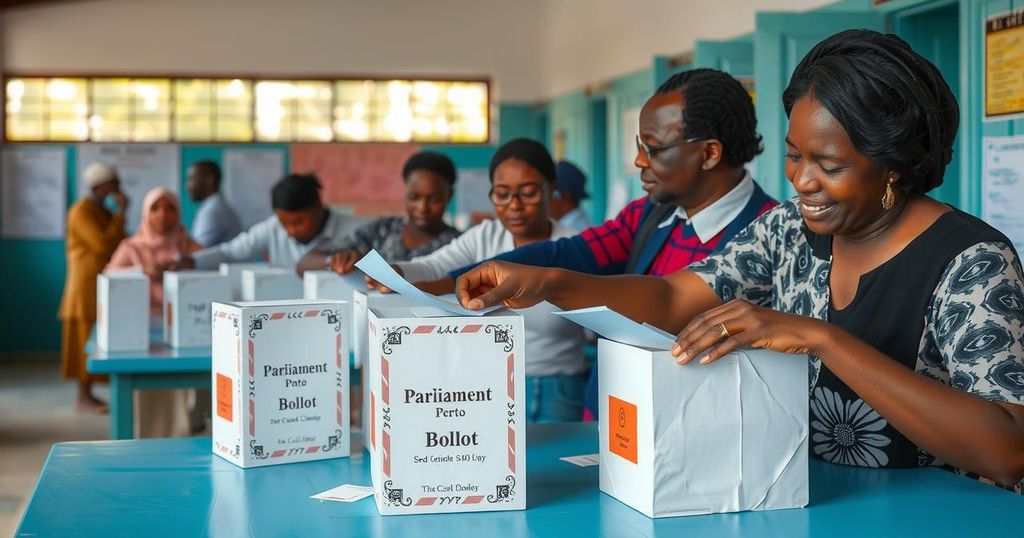
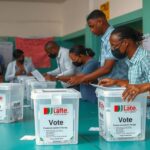
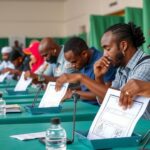
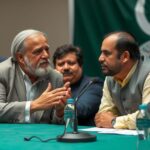
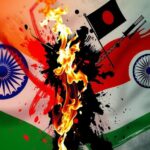
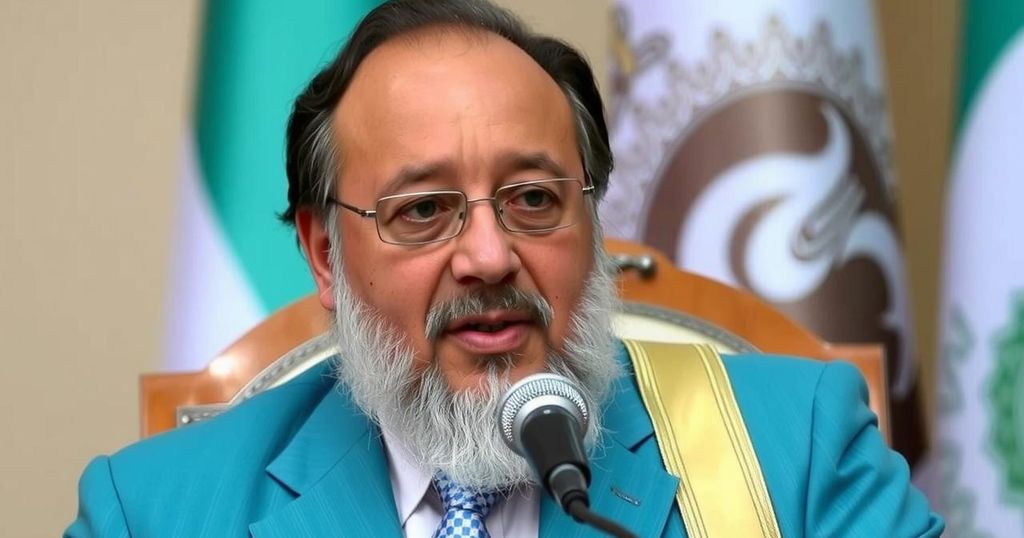
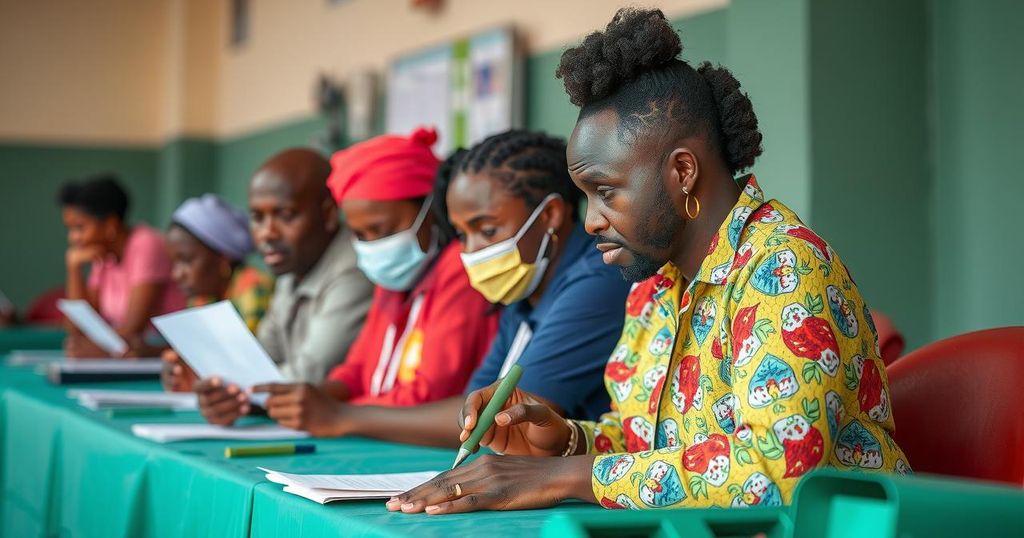
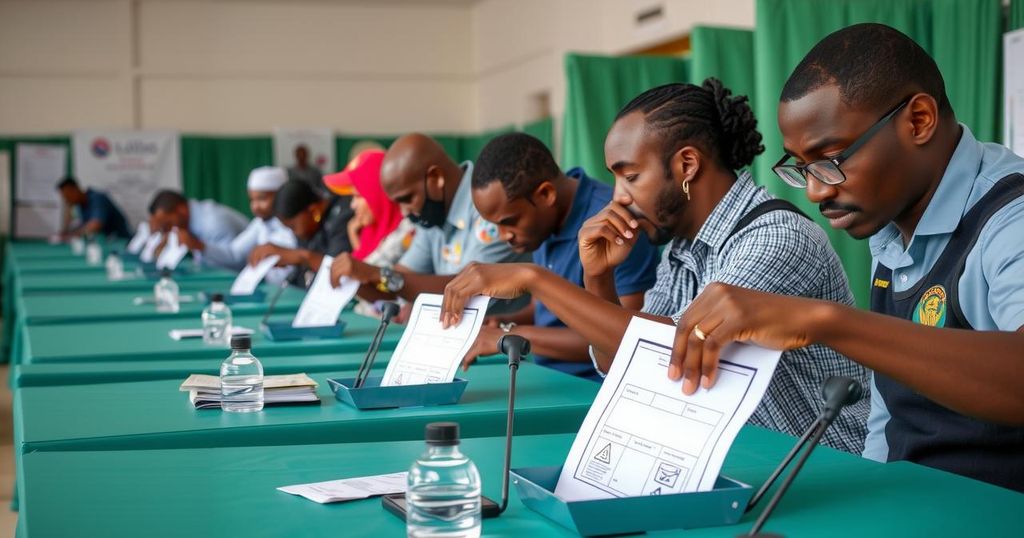
Post Comment